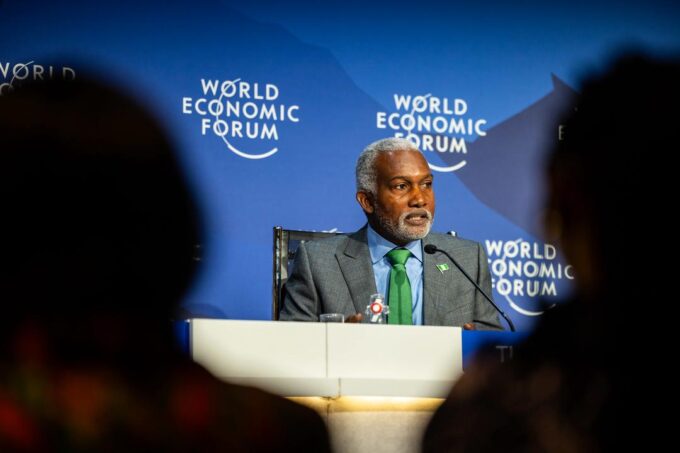Zambia’s Constitutional Court has ruled that former President Edgar Chagwa Lungu is ineligible to contest the 2026 presidential elections, citing constitutional term limits. The court’s decision, delivered in a landmark ruling, reaffirmed the legal stance that Lungu had served two presidential terms, making him disqualified for future elections.
“Edgar Chagwa Lungu has therefore been twice elected and has twice held office,” read the court’s ruling. “The constitution makes the 1st respondent [Lungu] ineligible to participate in any future elections as a presidential candidate.”
The decision marks a critical moment in Zambia’s evolving democratic landscape, underscoring the judiciary’s role in upholding constitutional governance and the principle of presidential term limits.
Lungu’s presidency began in January 2015 when he was elected to complete the remaining term of his predecessor, President Michael Sata, who died in office in 2014. That first term spanned 20 months, concluding in September 2016. He subsequently secured a second full term in the August 2016 elections, which ran until August 2021. However, Lungu argued that his first term—being less than the constitutional five years—should not be counted as a full term.
This argument was a key pillar of Lungu’s case, as he sought to challenge the interpretation of Zambia’s constitutional provision on presidential term limits. Article 106(3) of the Zambian Constitution states that “a person who has twice held office as president is not eligible for election.” The court, however, rejected Lungu’s assertion, ruling that his initial term constituted a legitimate term of office under the law.
“[Edgar Lungu’s] term of office that ran from January 25, 2015, to September 13, 2016, constituted a term of office. The 1st respondent’s term which ran from September 13, 2016, to August 2021 constituted his second term,” the court ruled.
The judgment also dismissed Lungu’s reference to previous court rulings that had allowed him to contest the 2021 elections. Lungu, who was defeated in 2021 by the incumbent President Hakainde Hichilema, had argued that earlier judicial pronouncements validated his candidacy for future elections. However, the Constitutional Court clarified that such decisions did not alter the constitutional definition of term limits.
The ruling has drawn mixed reactions from various stakeholders across Zambia. In a statement posted on his social media platforms, Lungu accepted the verdict but did not shy away from expressing skepticism about the court’s impartiality.
“I accept this verdict. I accept it not with resignation but with resolve,” the former president stated, hinting at his belief that the ruling was influenced by political undercurrents. His supporters have echoed similar sentiments, with some accusing the judiciary of political manipulation to eliminate Lungu from the political arena.
Conversely, the Zambian government welcomed the ruling, framing it as a victory for the rule of law and the country’s democratic principles. Government officials emphasized that the verdict strengthens Zambia’s democracy by ensuring adherence to constitutional term limits and fostering fair electoral competition.
“This decision demonstrates Zambia’s commitment to upholding its constitution and ensuring that democratic principles are respected,” a government spokesperson noted. “It sets a clear precedent that no individual is above the law.”














Leave a comment